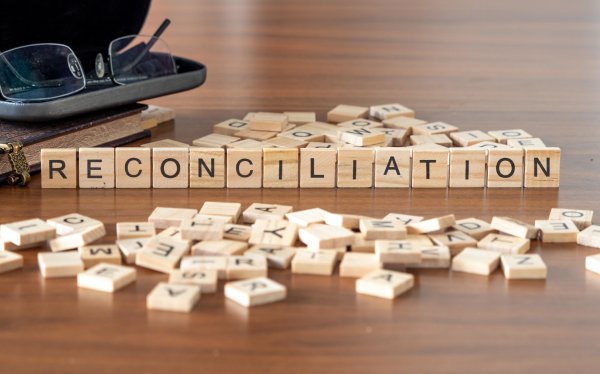Bupa says it is supporting a push to end rheumatic heart disease as part of its vision for reconciliation to see health equality for Aboriginal and Torres Strait Islander peoples.
Rheumatic heart disease (RHD), which has no cure but is preventable, has been largely eliminated in the non-Indigenous Australian population for decades. Yet it is still a present threat to Aboriginal and Torres Strait Islander communities.
In 2014, The End Rheumatic Heart Disease Centre of Research Excellence (END RHD CRE) was established to address the urgent need for a comprehensive, evidence-based plan to eliminate RHD across Australia.
It brought together experts from 16 institutions across Australia. Backed by a grant from the National Health and Medical Research Council, it collaborated with a range of stakeholders on the development of 'The RHD Endgame Strategy: The blueprint to eliminate rheumatic heart disease in Australia by 2031'.
Bupa said it has been an END RHD Charter signatory since 2018 when it launched an updated Reconciliation Action Plan with a renewed focus on working towards health equality for Aboriginal and Torres Strait Islander Peoples.
It said, "To demonstrate our commitment to ending RHD Bupa committed close to half a million dollars to support a community-led program in three high-risk remote communities in the Northern Territory aimed at developing culturally appropriate strategies to treat and prevent the disease. Community-based programs, such as this one, are identified as a priority action area in the Endgame Strategy."
Professor Jonathan Carapetis AM, Telethon Kids Director and senior author of the Endgame Strategy, said its release marked the first time a comprehensive evidence base had been developed showing how eliminating RHD across Australia could be done.
“With the release of this Endgame Strategy we now have the blueprint outlining exactly what needs to happen to both prevent new cases and improve the quality of life for those already living with the disease,” said Professor Carapetis.
“RHD is rare among non-Indigenous people, yet Aboriginal and Torres Strait Islander people have some of the highest rates of the disease in the world. This is a disease that is usually only seen in developing countries and its persistence in Australia is an ongoing injustice,” he said.
Dr Zoe Wainer, Bupa’s director of clinical governance, said, “While this disease may not be a well-known one, it can have a lasting and devastating impact on many Aboriginal and Torres Strait Islander communities. But most importantly, it is preventable."
Dr Wainer added, "By working with communities to understand their lived experience and cultural context alongside evidence and data, the Endgame Strategy will save hundreds of millions of dollars on healthcare expenditure, and more importantly, save hundreds of lives and hopefully eradicate RHD.
